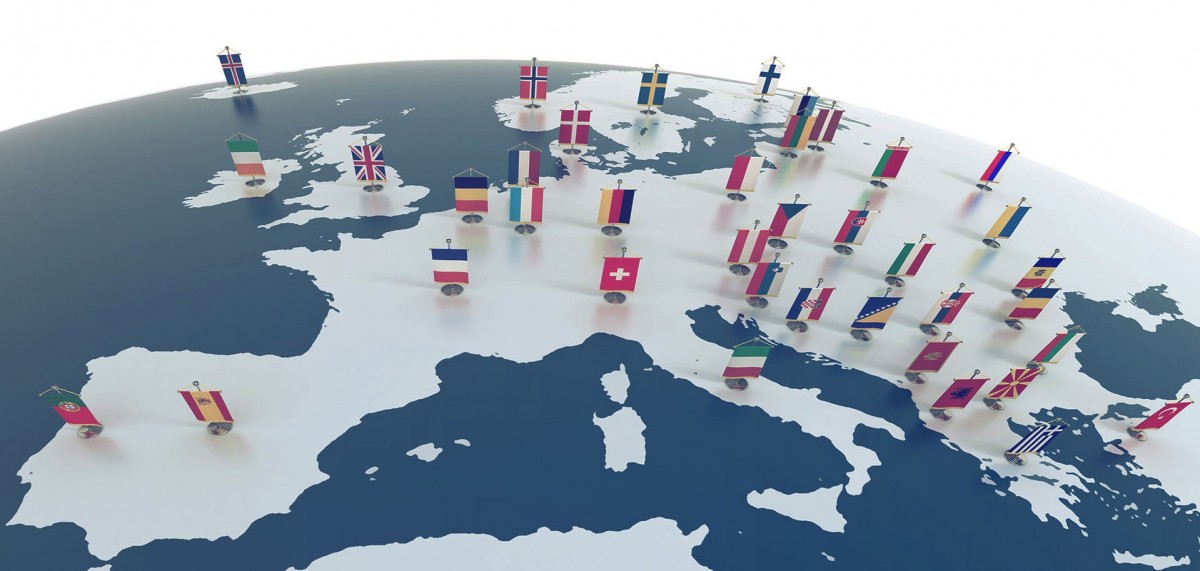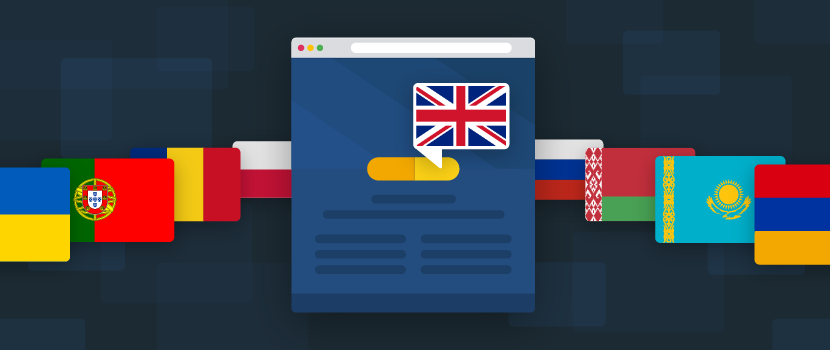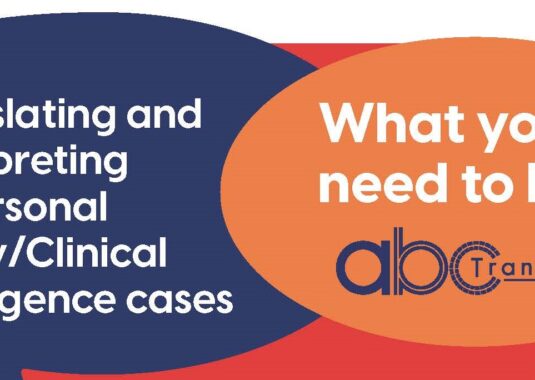TRANSLATING FOR EXPORT – A FEW TOP TIPS

If you export, or are thinking of doing so, you may well find yourself dealing with countries where English is not the official language. Here’s what you need to think about when buying translations, and a few top tips on how to save yourself time and money, improve your reputation and increase business.
Firstly, you should think about the translation process as early as possible, preferably before you create the original documents.
If you have a print or publication deadline, allow time for the translation to be done. It sounds obvious, but often gets overlooked, and to show your company in the best light, you should allow your translator sufficient time to produce a text that does your products and services justice.
Once you’ve planned out your timeline, you need to think about the documents themselves.
Quite simply, the fewer words there are, the cheaper the translation will be.
Therefore
- use graphics for instructions rather than a wordy description.
- edit text to simplify and shorten it. It not only saves translation costs, but also makes it easier to understand for all readers, both of the original and the translation.
- standardise text if you have a range of similar products or different versions of the same product. For example, if you manufacture machinery, and the health and safety guidelines are the same for all the machines you make, don’t refer to the individual products in that part of the text, and the same translation of the guidelines can be used for all the different products.

Now your documents are ready for translation. The next thing everyone asks about is computer translation. There are two aspects to this, and they shouldn’t be confused.
Firstly, there are translation memory tools which can be used by a translator where there is repetition between documents, to ensure consistency and cut down on the time needed for the translation, and therefore the costs. Translation memories work best on texts which are highly repetitive, such as technical manuals.
Secondly, there is machine translation – which is a completely different ballgame. Google Translate is probably the best known. You can use it to get the gist of a piece of text, but you have to bear in mind that it has a habit of turning negatives into positives and vice versa, completely reversing the meaning, so it’s not to be trusted.
Definitely never use it for translating any of your company materials into another language. You will not be taken seriously by prospective customers if your website or brochures are full of errors or make little sense. And don’t think that you can save money by doing a machine translation and then asking a proper translator just to ‘check it over’ – it will take longer to sort it out and cost just as much if not more than doing it properly from scratch.
So, once you’ve decided to have a professional translation done, who will you use?
You can find an individual translator, or use a reputable translation company. In most instances I would advocate using an agency.
Well, I would say that wouldn’t I – but there are good reasons for using a translation company rather than just using an individual translator.
An agency such as ABC Translations will
- place each assignment with a qualified translator with the appropriate skills and experience for that particular project,
- who is available to meet your required delivery date, and
- within the price quoted you will also get extra quality control.
- In addition, if you are having, say, a website translated into several languages, an agency will ensure consistency across all the translations, and you will only have to deal with one supplier.
It’s also worth bearing in mind that a good translation company will only use translators who work into their mother-tongue. In Europe most businesses seem to understand why this is necessary – there are nuances which you can only get by growing up with a language rather than by learning it. However some companies, in the Far East in particular, seem to think they can manage without a mother tongue translator, and you end up with
An advertisement for a Hong Kong dentist:
Teeth extracted by the latest Methodists!
or a Japanese medical questionnaire that asks:
Are you haunted by horribles? Do you ever run after your nose?
So, to summarize
Keep it simple – not only will it be better understood both at home and abroad, but it will keep your costs down
Keep it consistent – if the original documents are consistent, then it will be quicker and cheaper to translate them into other languages
If you’re not yourself experienced with arranging translations, think about getting an agency to do all the hard work for you.
And NEVER – ever – rely on machine translation!
Posted on:



